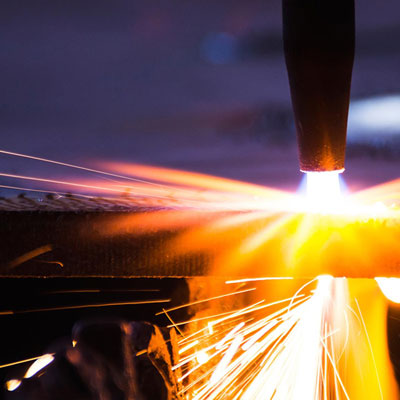Dr Geoffrey Neale, Lecturer in Multifunctional Composite Structures, is one of just twelve UK academics to be awarded a Research Fellowship from the Royal Academy of Engineering this year.
The Research Fellowships programme supports outstanding early-career researchers to become future research leaders in engineering. The Fellowships are designed to advance excellence in engineering by providing funding for five years, allowing awardees the freedom to concentrate on basic research in any field of engineering.
Dr Neale’s project, Multifunctional z-direction hybridisation of composites, examines how efforts for net zero emissions and uncertainty in energy are driving the composites industry to use their strong and adaptable materials in new ways. The challenge is to make composites conduct electricity and heat similarly to how metals can. One way of doing this is by adding special metallic pins to composites which help them conduct better. This not only make these hybrid composites have positive environmental impacts, but advances in manufacturing techniques will reduce waste and energy use.
Dr Neale said: “This Research Fellowship is a fantastic opportunity for me to grow my research vision and impact meaningful progress in my field. It’s a real vote of confidence in the role of composite materials research to support achieving net zero.”
Dr Neale is based in the Composites and Advanced Materials Centre at Cranfield University, focusing on multifunctional composite structures and aiming to achieve multifunctionality in composites via material hybridisation.
As part of his Research Fellowship, Dr Neale will be working with academics from the University of Southampton and Ulster University, and industrial collaborators from Laser Additive Solutions and the National Composites Centre.
More information about the cohort of Research Fellowships can be found on the Royal Academy of Engineering’s website.

